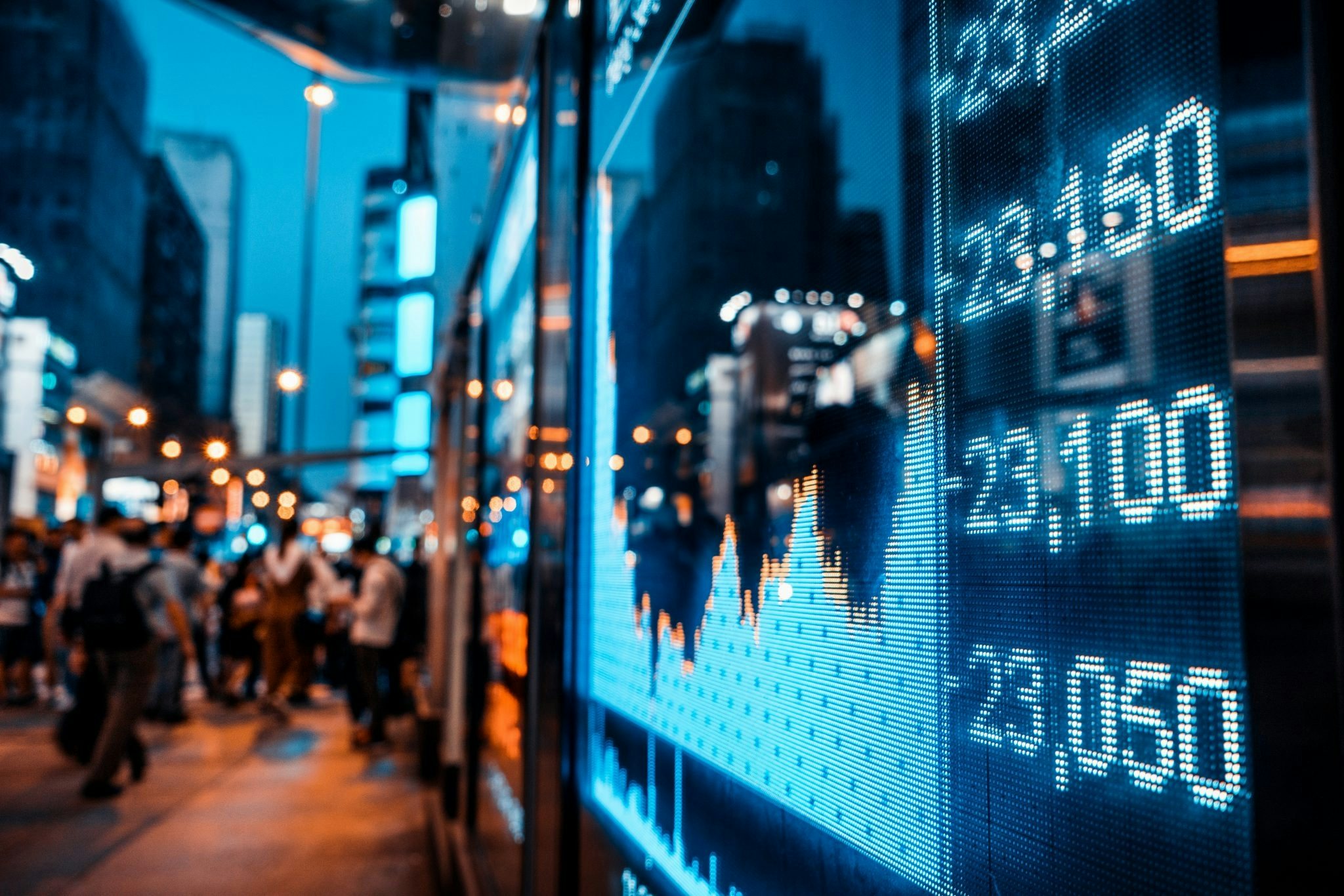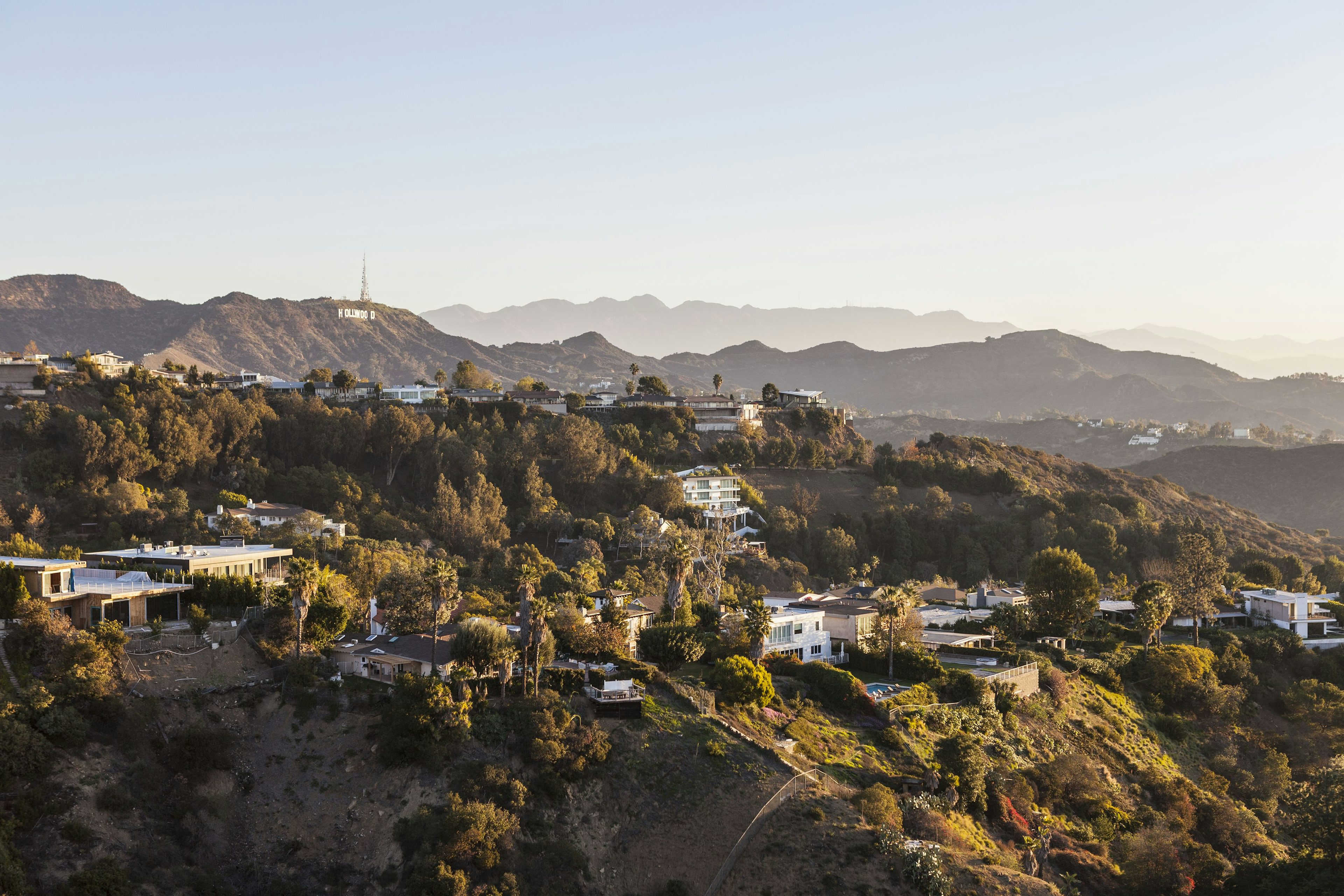China's luxury Consumer Price Index (CPI) rose 3.6 percent on the yearly basis in 2017, outpacing the level of the June's nationwide CPI of 1.5 percent, the Hurun Research Institute said on July 26. And over the past decade, the country's luxury CPI has scored a cumulative increase of 82 percent, more than doubling the inflation rate experienced by the average consumers during the same period.
The Luxury CPI, released by Hurun each year, aims to measure the price changes of a predetermined basket of goods and services undertaken by China's high-net-worth individuals (HNWI). The index covers consumption activities of wealthy Chinese in the following 11 categories: real estate, health, education, luxury tourism, wedding, watches & jewelry, accessories & beauty products, cruises & private jets, lifestyle, liquors & cigarettes and auto.
The 2017 index, which gauges the price level from June 2016 to June 2017, was calculated based on a basket of 116 high-end goods and services, with 20 percent of them being imported from abroad. The issue marks the 11th edition of the index.
The depreciation of the Chinese yuan against major global currencies over the past year has been the main reason for the decreasing purchasing power of China's rich population with respect to buying luxury property worldwide and high-end imported goods.
Based on Hurun's estimates, there were nearly 1.34 million HNWIs in mainland China by May 2016, while the number of individuals with over a billion yuan of wealth was close to 89,000. Over the past year, this population has borne the brunt of the price spike in the areas of luxury property, liquor, lifestyle and travel.
"What impresses me most, this year, is how much the price of real estate, baijiu (a traditional Chinese liquor) and Tesla has increased,"said Rupert Hoogewerf, chairman and chief researcher of the institute, "completely lifting up the luxury CPI."
For Chinese affluent buyers, the price level of luxury property has gone up 16.6 percent since last year. Domestically, a villa in China's southwestern city Chengdu spiked 56.5 percent, followed by properties in Hainan (a rising tourism city) and Shanghai. Housing prices in overseas cities such as Vancouver, San Francisco, Los Angeles and New York also jumped.
The price of high-end cigarettes and liquor has reversed to positive territory after two years of recession, rising 2.6 percent. Consumers' renewed interests in Baijiu products have pushed up the price. In addition, luxury auto products also increased one percent, with the price of the electric car Tesla and an SUV by Land Rover rising 4.5 percent and 2.7 percent, respectively.
The luxury travel industry has dipped 0.9 percent after rising 5 percent the year before. Hurun noted a price drop of rooms in major luxury hotels in China's first-tier cities. However, the first-class two-way flight tickets from Beijing to Paris increased 2.5 percent, the report said.
Activity in the watches & jewelry category edged up 1.1 percent this year. The price of the most premium timepieces has remained stable, with a product by Piaget leading the increase by 5.1 percent. The price of high-end jewelry went down in general.



